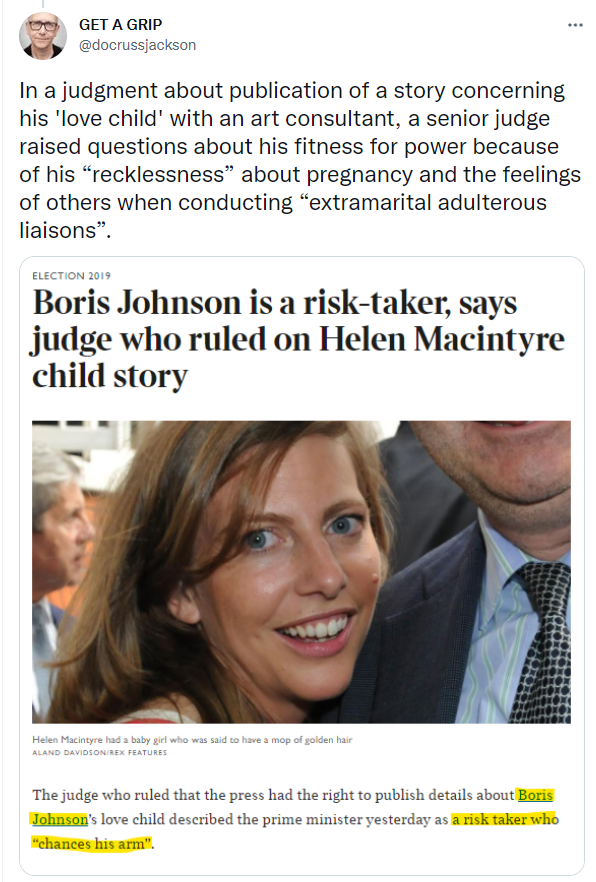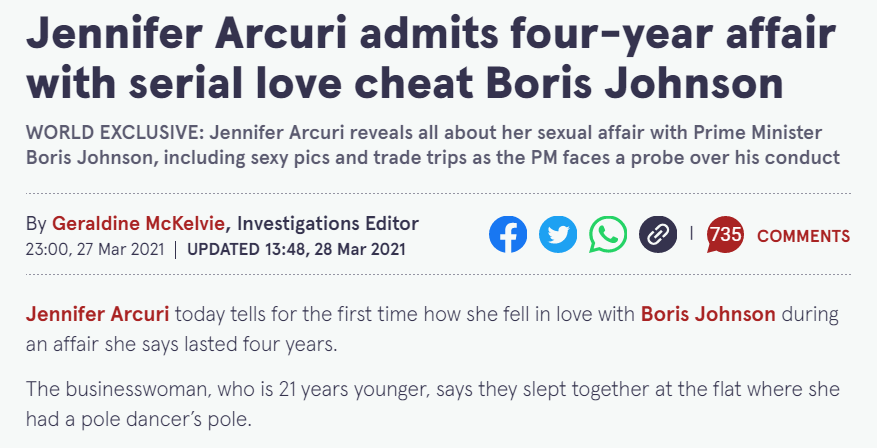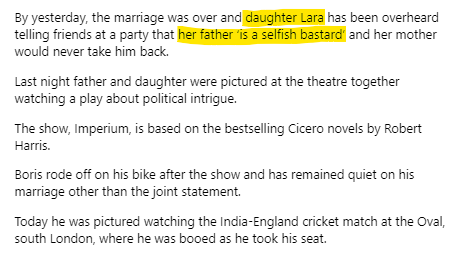
'Hostility to the imagined threats of trade union power is widespread, but if you look beyond the version told by union-bashing journalists, Conservative politicians & popular historians, it is striking how limited that power actually was & is.'
yorkshirebylines.co.uk/politics/spy-c…
yorkshirebylines.co.uk/politics/spy-c…
Robert Taylor, the leading historian of modern trade unions who sadly died in September 2020, concluded the unions’ hold over the British workplace from the 1940s to the 1970s was “always more illusory and less substantial than their many enemies liked to suggest”.
Sections of the UK media are complicit in creating this caricature of overweening trade union power.
For most people the “Winter of Discontent” in January/February 1979 was a crisis experienced second-hand through the media, rather than directly.
For most people the “Winter of Discontent” in January/February 1979 was a crisis experienced second-hand through the media, rather than directly.
Derek Jameson, then editor of the Daily Express, recalled, “We pulled every dirty trick in the book; we made it look like it was general, universal & eternal when in reality it was scattered, here & there, & no great problem”.
Newspapers attack ANY threat to the establishment.
Newspapers attack ANY threat to the establishment.
The crisis was nothing like as serious as the one Edward Heath had in 1974 with three-day weeks caused by restricted power supplies. In February 1979, in spite of tabloid newspapers headlines like the Sun’s predicting a “Famine Threat”, supermarkets remained well stocked.
A media myth about union power was created and utilised very effectively by Margaret Thatcher to win in May 1979. In government, legislation to curb trade unions was passed in October 1982. Further laws followed in 1984, 1986, 1988, 1989, 1990 & 1992.
The gap between rich & poor was at its narrowest in the 1970s, a decade when trade unionism was its strongest. In 2021 there is an obscene gap between those flaunting great wealth & working people battered by austerity, low pay, zero hours contacts & #COVID19 - Granville Williams
Fascinating clip of Journalist Mavis Nicholson speaking to three union leaders about the 1978/9 "winter of discontent" public sector workers strike, who feel that the press are treating them unfairly & misrepresenting the reality of the situation.
So what happened to Britain after Margaret Thatcher was elected?
https://twitter.com/docrussjackson/status/1359445197113950208
When was the last time we saw a Government Minister having a candid discussion with Union leaders about wages & democracy on TV?
The British media has not just lost its way, but has failed in its role to inform the public & hold the powerful to account.
The British media has not just lost its way, but has failed in its role to inform the public & hold the powerful to account.
• • •
Missing some Tweet in this thread? You can try to
force a refresh















